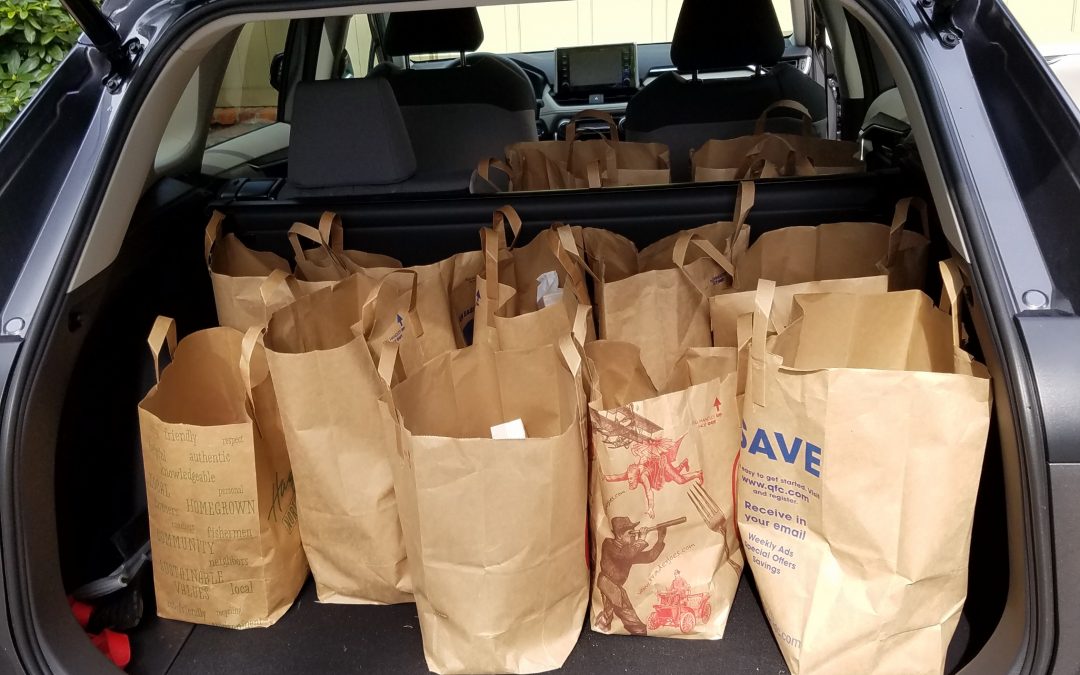
by WUUC | Jul 23, 2021 | Announcements
By Grace Simons
They’re coming back! Students will return to Maywood Hills Elementary in just a few weeks! It’s time for us to get back in gear and provide kids who need it with food to take home over the weekends. That means getting back in the habit of adding an item or two for ‘Totes’ when you do your regular shopping.
If you aren’t familiar with the program – or just need a refresher, here are the basics:
Totes To Go is a system through which schools in our general area identify students who are at risk of missing meals over weekends, when school breakfast and lunch programs aren’t available. We know that hungry kids can’t learn well, so we provide a variety of food items that are placed in a backpack for each of those students to take home with them on Fridays. They are mostly single serving items as the living situations of the students may be unstable. WUUC has been participating in the program for many years, but COVID put us on hold. Now we’re starting up again!
Each month we collect: Individual shelf stable milk boxes, Canned meat or fish, Individual serving cereal boxes, Peanut butter, Snacks, Juice boxes, Crackers, Single serving canned fruit, One-dish meals, Granola bars
We again hope to support 15 students. That means we need 60 of each ‘individual’ size items, 30 canned meat or fish, 15 jars of peanut butter and 15 sleeves of crackers (usually salt crackers or Ritz-type).
Please bring your items by Sunday, Aug 29. They can be left in the new shed on the west side of the church building. Once we are back in person we’ll use the baskets inside the church. Questions? Contact Grace Simons or John Hartman, co-coordinators.
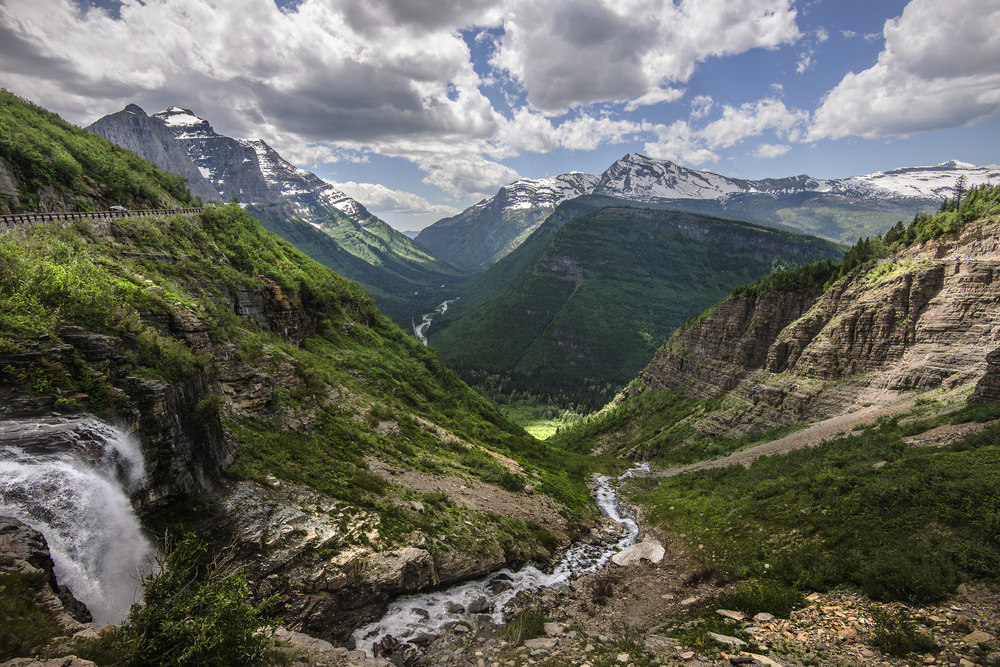
by WUUC | Jul 23, 2021 | Announcements
By John Hartman
My wife, daughter, son-in-law, two grandsons and I recently visited Glacier National Park. This was late June, so right in the middle of the hot stretch we all suffered through. Even though it was hot and crowded we had a wonderful time. The lakes and streams were refreshing. The mountains were awe inspiring, even through a slight haze. I never grow tired of the Going-to-the-Sun Road — a miracle of engineering and one of the most beautiful highways in the world.
It wasn’t long after our visit to Glacier that I came across an article by Diana Six, an entomologist at the University of Montana. She has spent the last 30 years researching how bark beetles are decimating pine forests. She also made a recent trip to Glacier. I quote from her article:
“Glacier National Park. 97F in June. Little snow left. 75F degree water. Glaciers disappearing. This is what we hear. But the worst is what most never see.”
Loss of snow and warm lake water so early in the season is devastating to fish and algae. The hot temperatures cause early blooming and wilting of the flowers. The bees and hummingbirds that depend on them are in trouble; their food is gone.
“There have been total losses of a lot of baby birds this year. You see these ospreys and eagles sitting on top of the trees in their nests and those young, they just can’t take the heat. Year after year of that and you lose your birds.”
“People seem to think of extinctions as some silent, painless statistic. It’s not. You look at birds that can no longer find fish because they’ve moved too far off shore. They’re emaciated, they’re starving to death. We are at a point that there’s nothing untouched.”
“I had gone from being an ecologist to a coroner.”
One of the joys of my visit to Glacier was teaching my 5 year old grandson, Miles, about wildflowers. We walked down the trail and I pointed out a wildflower and gave it a name. Pretty soon he was happily going down the trail pointing out the wildflowers he knew.
What can you do about climate change? It can be changing laws or it can be teaching a child to appreciate nature. Just do something.
John Hartman
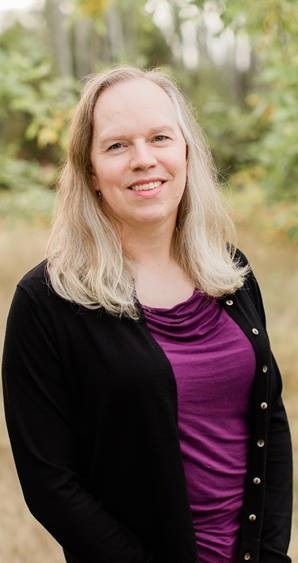
by WUUC | Jul 23, 2021 | Announcements
Hello, I’m Jane Flood. I am a school teacher. I started the Seattle Pacific University’s teacher preparation program in 2015. The program took a year, my first class was in 2016.
As I was transitioning out of my military career I was looking for something that I would find fulfilling. I started volunteering in Sebastian’s first-grade classroom. I was surprised at how much I enjoyed working with the kids. His teacher was amazing; she really helped Sebastian, and I wanted to help other children like she did.
Last year, I had a student who was pretending to read. I knew he was bright, so we started reading together one-on-one. We read article after article, and we chatted about the information we had read. It was really fun, and we got to know each other pretty well. At one point we were reading a really fun book together. He thought the rest of the class would enjoy it, too, so we started over with the full class. He got all the lower readers to read dialogue for the characters in the book while I narrated. At the end of the year, he sent me a thank-you note. He confessed he had never enjoyed reading before, and he thanked me for spending the time and giving him a love of books.
I thought teaching was going to be an easy job, but it is intense. We spend many unpaid hours every week planning lessons and collecting materials. When we have a student who is not progressing, we work extra hard to try and understand them and to figure out how to move them forward. I love that challenge, and when you see a kid do something they would never have attempted earlier, it feels great knowing you just changed someone’s life.
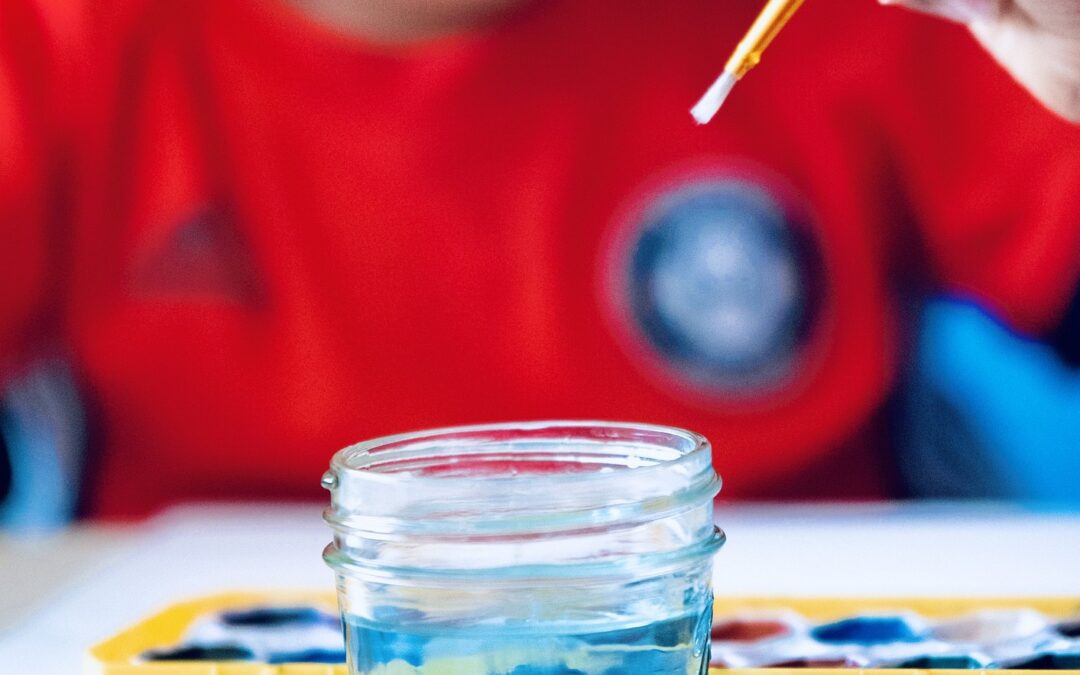
by WUUC | Jun 30, 2021 | DRE Blog
Hello Beloved WUUC Community!
As we begin a new church year and think about our in-person-gathering plans, it is once again time to think about how each of us will share our time and talents with one another. One of the most important concepts of Unitarian Universalism is to support one another as we grow and learn. Sometimes we focus on our own learning, and sometimes we focus on helping others along their journey. This year, I want to invite you to consider a volunteer position that does both: Teaching!
Several of our current teachers are taking a well-deserved break from teaching this year, and many of our youth volunteers have graduated and are moving away. As a result, we need Religious Education teachers and volunteers at all levels: Nursery/pre-school, elementary, middle school and high school. In addition, we will probably need facilitators for all levels of Our Whole Lives (OWL) comprehensive sexuality education classes.
We have many new families with children who have been attending our virtual services and I am envisioning a vibrant and revitalized religious education program this year. But in order to make that a reality, we need your help.
So, I encourage you to think about your talents. What do you have to share? Do you like telling stories or crafting or cooking or making music or art or building? Could you help teach meditation or dance or games? Do you want to share your passion about a social justice issue with the next generation? Are you invested in politics or philosophy or nature or sports or coding? What skills and talents do you have that you could share with the young UU’s in our congregation? Or maybe you don’t know how your particular gifts could be shared. Just let me know. I am more than happy to work with you to figure out how your gifts and talents can fit into our Religious Education program this year.
I know it can be intimidating or seem like a big commitment. But if we have enough volunteers, the commitment isn’t too great. And I promise that the kids at WUUC aren’t so scary. They are an amazing group of young people who constantly provide profound insights and teach us as much as we touch them. And you will not be alone. You will have all of the support that the Religious Education Committee and I can provide.
It takes a village to raise a child, and it takes the commitment of our whole church community to raise our children. I can’t wait to see what we create together!
Peace,
Bridget
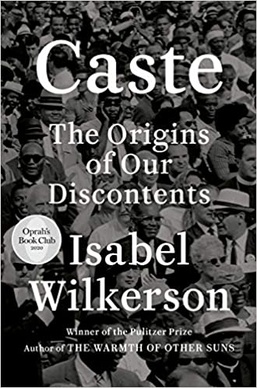
by WUUC | Jun 28, 2021 | Announcements
Join us on Friday, July 30 at 7 p.m. at the WUUC Church Campout at Manchester State Park in Port Orchard for a meeting of the WUUC Nonfiction Book Club. We will discuss “Caste: The Origins of Our Discontents” by Pulitzer Prize winner Isabel Wilkerson. RSVP to Alaine. RSVP not required, but helpful for planning purposes.
If you aren’t attending the campout, but are still interested in reading and discussing the book, consider volunteering to lead a Zoom discussion on the same day!
“‘Caste: The Origins of Our Discontents’ [is] an extraordinary document, […] an instant American classic and almost certainly the keynote nonfiction book of the American century thus far. It made the back of my neck prickle from its first pages, and that feeling never went away. I told more than one person, as I moved through my days this past week, that I was reading one of the most powerful nonfiction books I’d ever encountered.
—Dwight Garner, New York Times Review of Books
In this brilliant book, Isabel Wilkerson gives us a masterful portrait of an unseen phenomenon in America as she explores, through an immersive, deeply researched narrative and stories about real people, how America today and throughout its history has been shaped by a hidden caste system, a rigid hierarchy of human rankings.
Beyond race, class, or other factors, there is a powerful caste system that influences people’s lives and behavior and the nation’s fate. Linking the caste systems of America, India, and Nazi Germany, Wilkerson explores eight pillars that underlie caste systems across civilizations. Using riveting stories about people—including Martin Luther King, Jr., baseball’s Satchel Paige, a single father and his toddler son, Wilkerson herself, and many others—she shows the ways that the insidious undertow of caste is experienced every day. She documents how the Nazis studied the racial systems in America to plan their out-cast of the Jews; she discusses why the cruel logic of caste requires that there be a bottom rung for those in the middle to measure themselves against; she writes about the surprising health costs of caste, in depression and life expectancy, and the effects of this hierarchy on our culture and politics. Finally, she points forward to ways America can move beyond the artificial and destructive separations of human divisions, toward hope in our common humanity.
Beautifully written, original, and revealing, Caste: The Origins of Our Discontents is an eye-opening story of people and history, and a reexamination of what lies under the surface of ordinary lives and of American life today.
.– Adapted from an Amazon review
Four times a year, the WUUC Book Discussion Group gathers to read and talk about a nonfiction book. You only attend the meetings about books that interest you, so we end up with a different group of participants every time. We meet to connect and talk about a book in depth. Anyone is welcome to suggest a book and/or lead a discussion. Contact Alaine to RSVP, suggest a book, or offer to host a future discussion.





